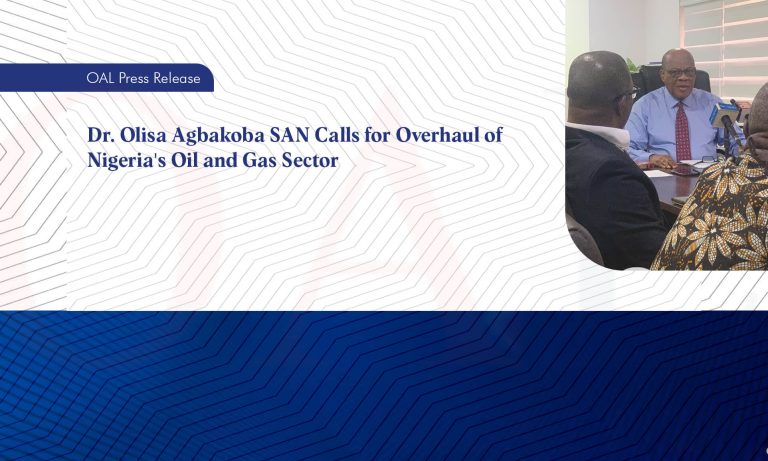

Due diligence is the level of care or judgment exercised prior to establishing a commercial relationship. It is a process that involves collecting, understanding and assessing all legal risk, associated with a target company.
The main purpose of due diligence is to investigate all the possible financial and legal risks in relation to a company’s assets, corporate status, intellectual property, contracts, land transactions, and company’s employment. This is done to ensure that any investment or purchase is beneficial to the investors.
It is important for investors to conduct legal due diligence on a company before engaging in any mergers, acquisitions, takeovers or other transactions with any company.
Why Conduct Due Diligence
Due diligence is a necessary step for an investor to take because if issues or risks are found to be associated with the target company, then depending on the number and kind of risk involved, it could result in one of the following:
- A substantial decrease in the consideration involved in the transaction, or
- An increase in representations and warranties taken by the acquirer, or
- It can dissuade the acquirer from going ahead with the transaction.
Investors need to carry out:
- Financial due diligence
- Legal due diligence
Financial due diligence is managed by the Investor’s accountants and management team, and is expected to reveal the following;
- The accounting and financial control system of the company;
- The value of assets and liabilities to be acquired;
- The product’s development and competitors; and
- The company’s ability to raise short and long-term capital and the cost of such capital in relation to general industrial indications.
Legal due diligence is conducted by the investor’s solicitor and identifies the potential legal issues that may impede transactions, such as Intellectual Property (IP) and technological problems and those relating to transactional documents and agreements, business profiles or employees.
Legal Due Diligence involves but is not limited to the following steps:
- Reviewing documents of a target company.
- Carrying out interviews of individuals with knowledge of the company.
- Carrying out necessary searches at the appropriate venues. For instance corporate search at the Corporate Affairs Commission.
- Direct visitation
- Scrutinizing public records of the targeted entity
- Conducting media and internet search on the targeted entity
- Evaluating any ongoing lawsuit against the company etc.
It is important for investors to undertake both financial and legal due diligence before any scheme arrangement or investment in a target company.
How to Conduct Due Diligence
The method of due diligence requires investors to thoroughly examine the target company’s financial and legal records. Financial statements, Audit Reports, Annual or Quarterly Tax Returns are the key documents often scrutinized by most investors. Having an expert can greatly help with assessing the legal and financial picture of a company.
Once the investor has chosen the company it wants to conduct due diligence on, he should hire the services of experts to conduct due diligence on the target company. Hiring the right person for this job is an integral step and the expert would know what questions are to be asked and what information is to be sought from the target company for a holistic assessment.
Planning sets the basis for a successful due diligence transaction. The expert would plan and strategize the whole due diligence process.
The investor must engage in Industry Research. This entails the type of information that needs to be sought from the target company. Industry research however varies from one company to the other, depending (among other factors) upon the nature of the industry that the target company belongs to, as the rules, regulations, licenses and approvals required for every industry differs. However, the documents generally in focus for due diligence include and are not limited to company registration, shareholding pattern, financial statements, income tax returns, tax payment receipts, bank statements, operational records, employee records, statutory registers, property documents, IP registrations etc.
The next step would be to prepare a questionnaire or a checklist pertaining to all the documents and information you would require in the exercise of due diligence process. This checklist or questionnaire is given to the representatives of the target company so that they can provide the necessary documents and information.
Once the documents and information asked for in the checklist or questionnaire is received by the team conducting the due diligence, the next step is noting all the relevant information from the documents, in the form of separate annexures to the main Due Diligence Report.
It might be possible that all the information and documents sought in the checklist or the questionnaire is not given by the representatives of the target company in the last step. Furthermore, it might so happen that the documents provided by the representatives of the target company in the last step might include mention of certain other documents or information.
Such pending or additional documents or information is sought from the target company by the team conducting the due diligence, in the form of a requisition list, so as to aid the representatives of the target company in providing the same.
Elements of a Due Diligence Report
Once the process of reviewing the documents received from the representatives of the target company and noting of information in the form of annexures is completed (as mentioned in the last step), the process of writing the chapters of the Due Diligence Report begins.
Chapters that usually form part of the Due Diligence Report are: Executive Summary, Corporate Matters, Loans & Finances, Consents and Approvals, Material Contracts, Litigations, Human Resource (HR), Insurance, Intellectual Property Rights (IPR).
Once all the chapters of the Due Diligence Report have been drafted, the final step in preparing the Due Diligence Report involves preparing an Executive Summary.
An executive summary is usually presented in the beginning of the Due Diligence Report, and it contains the gist of the entire key findings of Due Diligence transaction, presented in a very concise manner. It also lists the impact of the risk (if any) on the proposed investor transaction, and its possible way-out.
Benefits of Due Diligence for Investors
Due diligence is important because it can lower risk later on in the investment process, including structural risks to the company’s capitalization and its early-stage investors. It can also ensure a strong, sustainable relationship between an investor and a company or entrepreneur, one established on transparency, trust and respect.
Therefore, some of the primary reasons for conducting due diligence is outlined below:
- Better Understanding of the Organization: Due diligence is necessary to give the buyer/investor the information that they need to know about their target company in order to structure its purchase.
- Helps to Value the Target Company: Due diligence will inform the investor of some of the following: contingent liabilities, restriction on businesses, pending litigations, insurance policies, employee benefits, intellectual property rights etc.
- Informs the drafting of Relevant Documentation:The information obtained during a legal due diligence process will be helpful for both parties to a transaction in drafting and negotiating any agreement. The information is particularly helpful in allocating risk when drafting representations and warranties, pre-closing and post-closing indemnification rights of both parties.
- Identify Impediments to Closing a Transaction: During the due diligence process, parties are able to identify and sometimes address impediments that might delay or hinder the success of the transaction. Some of the actions a legal due diligence expert will focus on are:
- The Company’s corporate documents, to determine the shareholders/Board of Directors of the company;
- The requisite corporate approvals required to complete the transaction;
- Contract documents, including assignment clauses, permits and licenses, to determine whether the transaction is contractually prohibited or whether specific consents are required etc.
- Legal due diligence provides alternatives or solutions to reduce the legal risks identified during the due diligence process.
Conclusion:
The importance of due diligence cannot be over-emphasized. Properly conducted due diligence by experts in the jurisdiction of the acquired entity with particular knowledge of and insight into the business environment of the jurisdiction can minimize the various risks associated with investing in an existing business.
Written By:
Yvonne is the Managing Partner of OAL, setting the strategic goals and objectives of the firm, managing the operations and driving business growth. She is leading the International Trade Practice group focusing on Trade control matters..
View Yvonne’s Profile >>
Author




